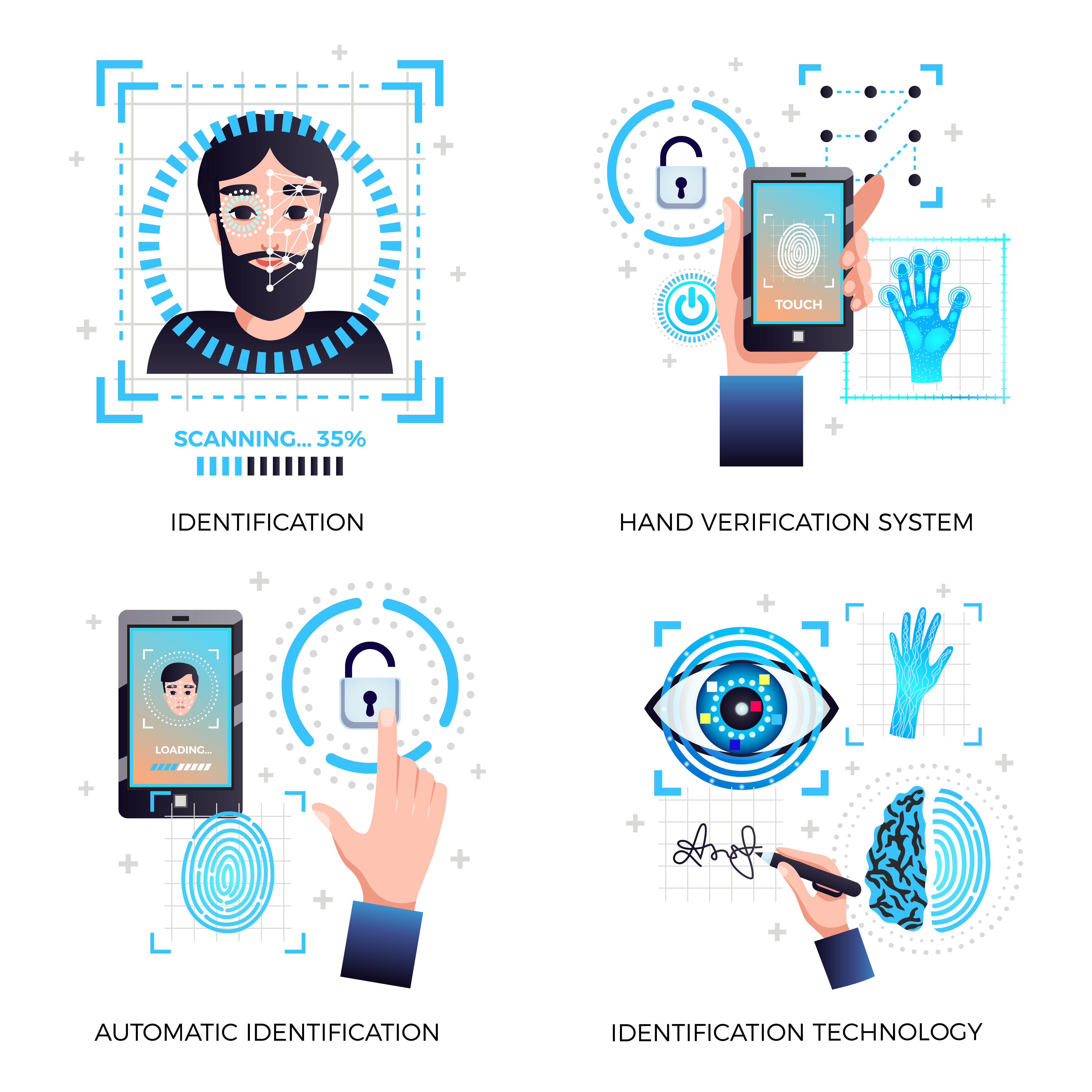The entry into a new organisation can be a daunting time for all new employees, whether freshers or those with several years of experience. In these days of talent shortages, the onus of ensuring that the onboarding of new employees is seamless lies on the organisation. If the onboarding process goes awry, it could be off-putting for the new joinees and that could, in turn, affect their decision to continue or stay at the organisation.
The number of employees working in a remote capacity has grown by 44 per cent in the last five years. According to Forbes, about 16 per cent of companies are fully remote and operate without a physical office. For such workplaces (and even others), virtual onboarding has become the norm. Here are some tips for companies to improve their virtual onboarding process and ensure that they get it right.
Assign mentors to guide the new recruits
When freshers join organisations, they need a lot of guidance to navigate the challenges of the workplace. This is where the concept of mentorship really comes in handy. Certain organisations assign mentors for new employees. The mentors usher the new recruits into the organisation and help them understand what is expected of them as they start contributing to the workplace. They act as sounding boards for the new employees and guide them on ways to deal with challenges that they might be facing as they navigate their new roles.
Establish effective communication channels
When people join a new organisation, their minds are filled with questions. These could be related to their roles and responsibilities, opportunities for professional development, work environment and tools or even company policies and procedures. To facilitate communication between the new hires and the organisation, effective communication channels must be established. A failure to provide good communication options with concerned team members in the organisation could lead to frustration among the new recruits.
Provide requisite training and resources
Though new joinees come with the training or experience that they have received at the college, university or previous workplaces, they still need guidance to effectively become a well-contributing member of the new organisation. This is where having suitable and readily available training resources could be of immense help in getting the fresh joinees up to speed and ready to take on work at the earliest. The training imparted needs to be well-planned by the human resources or learning and development department of the organisation, in collaboration with the respective business units where the new hires will eventually work.
Plan virtual team building activities
Joining a new workplace is an exciting time for new recruits, especially for freshers. Many of them often start with stars in their eyes and the desire to contribute meaningfully to the organisation. When these recruits join a workplace that is most often virtual, they experience feelings of isolation, leading to lower levels of enthusiasm that, in turn, lower work productivity. This is where online activities that promote team building can help establish connections and foster positive relationships at the workplace.
Showcase company culture
The way a company projects itself and showcases its culture is very crucial these days, when employer branding has become a must-have.
For example, companies like Adobe support their employees and prioritise work-life balance by giving them the flexibility to work remotely, adjust their schedules and make use of various wellness programmes. The company also fosters a culture of learning and growth by providing access to various learning resources. When a company’s commitment to employee well-being and development is showcased during virtual onboarding, it promotes and facilitates stronger working relationships with new joinees and sets the stage for their long-term retention in the company.
Have regular check-ins with new joinees
How are the new employees faring? Are they comfortable at their new workplace? Are there any challenges that they are facing? It is crucial for the HR department and the respective managers of new hires to regularly check in with them to understand their aspirations and pain points. If there are any issues that they are facing, rectifications must be made without delay to ensure that employees do not feel dejected or frustrated. This is also an opportunity to get feedback from employees on the onboarding and associated processes so that the requisite refinements can be made.
Onboarding new employees and making them feel included is not an easy task. The complications get compounded when the onboarding is virtual. However, with the right plan in place, virtual onboarding can be made a seamless experience for new recruits, ensuring that they feel included and a vital part of the team.















